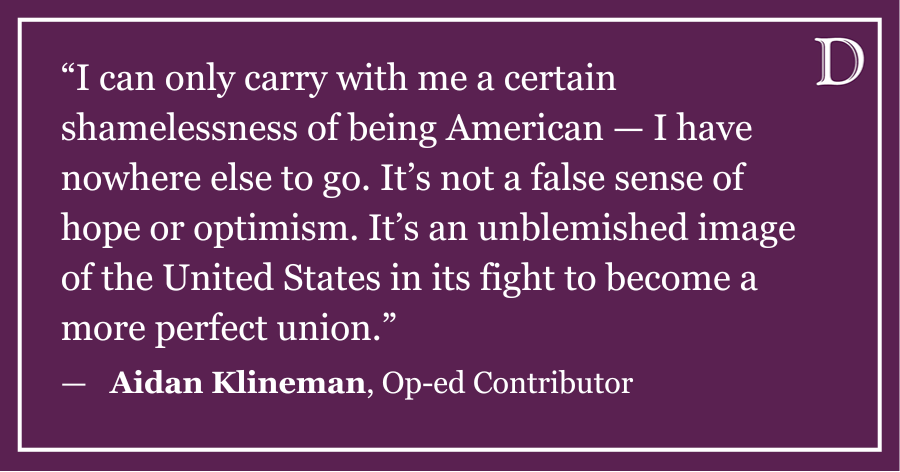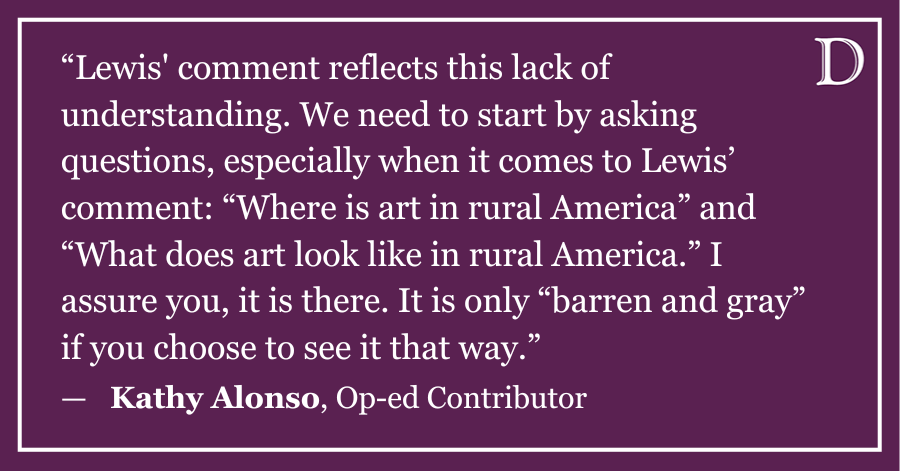The effects of the recent federal government sequestration, or series of harsh budget cuts that have gone into effect in the absence of a deal between President Barack Obama and congressional Republicans, do not lend themselves to easy analysis in an opinion piece. Faced with the difficulty of understanding its economic implications, many opinion-makers have embraced the basic idea that we would not be facing this budgetary crisis if only President Obama would show more “leadership.” This leadership, the theory goes, would then inspire the Republicans to sit down at the table with him and hammer out some sort of grand compromise the nation could unite behind.
The notion that some good old-fashioned presidential leadership is all that is needed to get both sides to bargain in good faith is an appealing one, but, as the president himself pointed out at a press conference last Friday, one that is not rooted in reality.
In discussing the current impasse over deficit reduction between himself and the House Republicans, Obama defended his proposal, a mix of some tax increases and spending cuts that are unpopular in his own party, such as reductions in Social Security spending and means-testing for Medicare. Lamenting the fact that his plan had received no traction in the face of the zealous anti-tax stance of the Republicans, Obama ridiculed the notion that “The fact that they don’t take it, means that I should somehow do a Jedi mind-meld with these folks and convince them to do what’s right.”
The mangling of two references to Star Wars and Star Trek aside (a mangling that caused me, as a lifelong Star Wars fanatic, to physically grimace), Obama is correct to mock the unrealistic expectations of just what power he is supposed to have over a Republican House that despises him and has no interest in negotiating any sort of deal that either raises taxes or could be labeled a political “win” for the President.
The “if Obama leads, Republicans will follow” meme, exemplified by moderate Washington establishment writers like David Brooks of The New York Times, Bob Woodward of The Washington Post, and Ron Fournier of The National Journal, is a product of the false equivalency between the two major parties that emerges from many reporters’ attempts to give every single issue two equal and opposing sides, even if some issues clearly have one side or some issues clearly have several.
In this framing of the situation, both parties in Washington are currently radicalized, with Speaker John Boehner and his ultra-conservative cohorts unable to work with President Obama and his unreasonably liberal allies. Any dysfunction, then, is the equal product of both of our crazy, inflexible parties, and what’s needed is a single leader to simply make both sides reasonable again.
This kind of thinking saves many the work of actually getting to the bottom of an issue to see which side is in the right, and allows for scores of easy stories that lament how gridlocked Washington is without attempting to shed light on why it is so gridlocked: namely, an opposition party that is dead-set on opposing what they view as this president’s dangerous remaking of America.
Thus, if both sides are equally to blame, and the Republican opposition to Obama is not based on some cartoon-villain image that they have of him, then it stands to reason that all that is needed to fix the situation is some presidential leadership that can miraculously coax people who hate him into supporting policies they also hate. One would think that four years of Republican intransigence would kill the false-equivalency narrative, yet it is alive and well in many circles.
The point of this column is not to hold up President Obama’s handling of sequestration as his shining example of negotiation skills, which it is not. Rather, it is to highlight the hollow nature of the calls, both honest and cynical, to see more generic “leadership” from Obama. Such calls ignore both the limits of the presidency as well as the unprecedented level of opposition from the other party in Congress. With public opinion mostly on his side (for now), I sincerely hope that Obama is able to overcome the unwavering opposition to his agenda and that voters decide they have had enough of this brand of opposition and do something about it in future elections.
Ryan Kearney is a Communication sophomore. He can be reached at ryankearney2015@u.northwestern.edu. If you would like to respond publicly to this column, send a Letter to the Editor to forum@dailynorthwestern.com.













